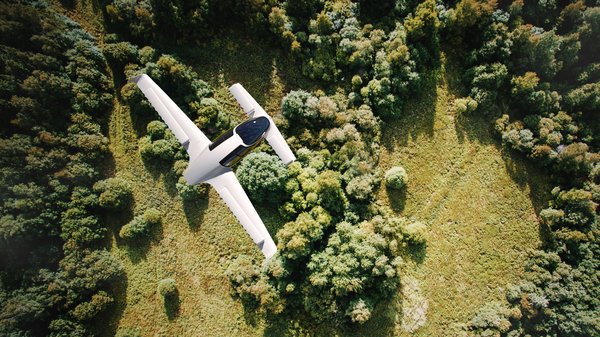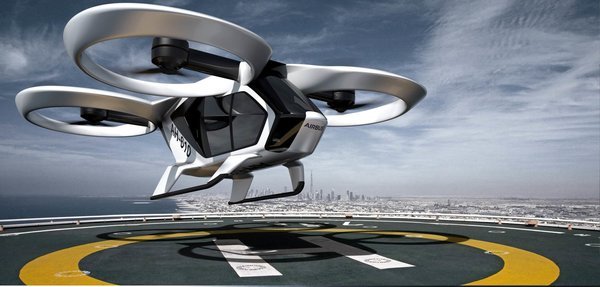Flying cars are slowly decoupling from science fiction. But that does not prevent some companies from preparing for taxi service.
A growing number of technology companies, aircraft manufacturers, carmakers and investors are betting that a battery-powered aircraft will bring air taxi services to the air, perhaps as fast as the next decade. These companies hope that some of the cabs may even use artificial intelligence to drive themselves.
The mergers and acquisitions, technological exploration, and possibly wishful thinking surrounding the new type of flying vehicles that these companies demanded, but do not call them flying cars, can not help but remind us of the unmanned Driving the car up and down the kung fu.
No one can determine whether this new vehicle will become a real business. But many companies have started to worry about being left behind.
European airline Airbus said on Tuesday it would invest in Blade, an aerospace startup in New York, and partner with it to expand Blade's helicopter calling service in more cities around the world. Dara Khosrowshahi, chief executive of Uber, said he expects the car company to launch a flight called "Uber Air" within five to 10 years, Passenger service.
In November, Boeing bought Aurora Flight Sciences, a company that specializes in the drones' flying systems, for an undisclosed amount. Prior to the acquisition, Aurora was working with Uber to develop a taxi. And Joby Aviation, a startup that is developing its own in-flight taxi, Santa Cruz, California, said this month that a group that includes Intel, Toyota Motor and Investor consortiums, including JetBlue Airways venture capital firms, have injected $ 100 million in venture capital.
"It is natural that our vehicle manufacturing went that step," said Ben Bridge, global head of Airbus Helicopters. "We want to have a place and want to join this ongoing dialogue."
Taxi cabs also play a small role, even among Uber and Waymo, unmanned car service providers that have been split from Google, the most recently settled commercial secret suit.
In court testimony this month, former Ubertar CEO Travis Kalanick said he heard about Larry Page, chief executive of alphabet company Wayoo, He has another sideline project to make new aircraft - dissatisfied with Uber doing "what they're good at in flying cars."
No matter what you think of a taxi - do not even think about it. What these companies envision is something similar to helicopters, but quieter and cheaper. Think of an amateur drone, but enough to carry people. In theory, it would be very popular in cities and afford affordable prices for more people than rich ones. At least, it is such a dream.
It is worth mentioning that before the flood of enthusiasm for taxi cabs, no one has been able to shift driverless cars despite more than a decade of research by Google's tech giants and hundreds of millions of investments in Silicon Valley and the auto industry For a large industry.
Regulators have just agreed on large-scale testing of driverless cars on public roads. How will they treat a taxi? The details of this future service are far from settled.
But the enthusiasm that has once again been set off again is also justified. Battery improvements and widespread use of drones have spawned technological breakthroughs. Flying taxis can take off, land and take up less space vertically, like helicopters. Because they are battery powered, they are also more environmentally friendly.
Now, Airbus executives hope that with Blade's experience, the company has developed an application that allows customers to book seats on a helicopter. According to people familiar with the deal, who are not allowed to discuss the details of the investment openly, Airbus's investment in Blade is estimated to be as high as $ 15 million, or about 10%.
Both companies see helicopters as a pre-transitional transition between new aircraft and taxis. Blade CEO Rob Wiesenthal said a quieter and cheaper helicopter replacement "opens up a whole new world."
Airbus said it is preparing for the test flight ahead of the CityAirbus (City Airbus) by the end of the year, capable of carrying four passengers and cruising at speeds of up to 75 miles per hour (120 kilometers per hour). The company plans to bring CityAirbus to service by 2023.


